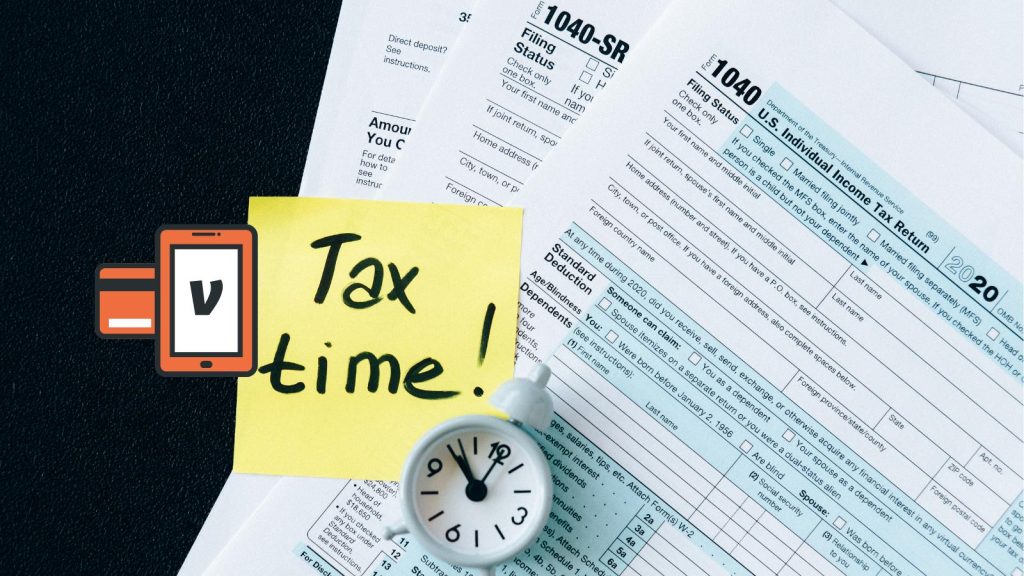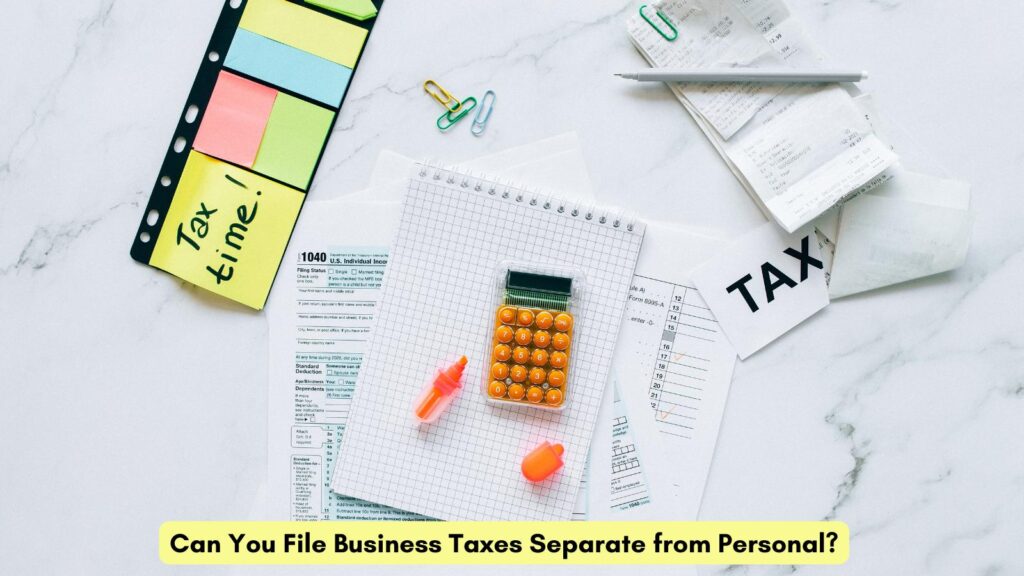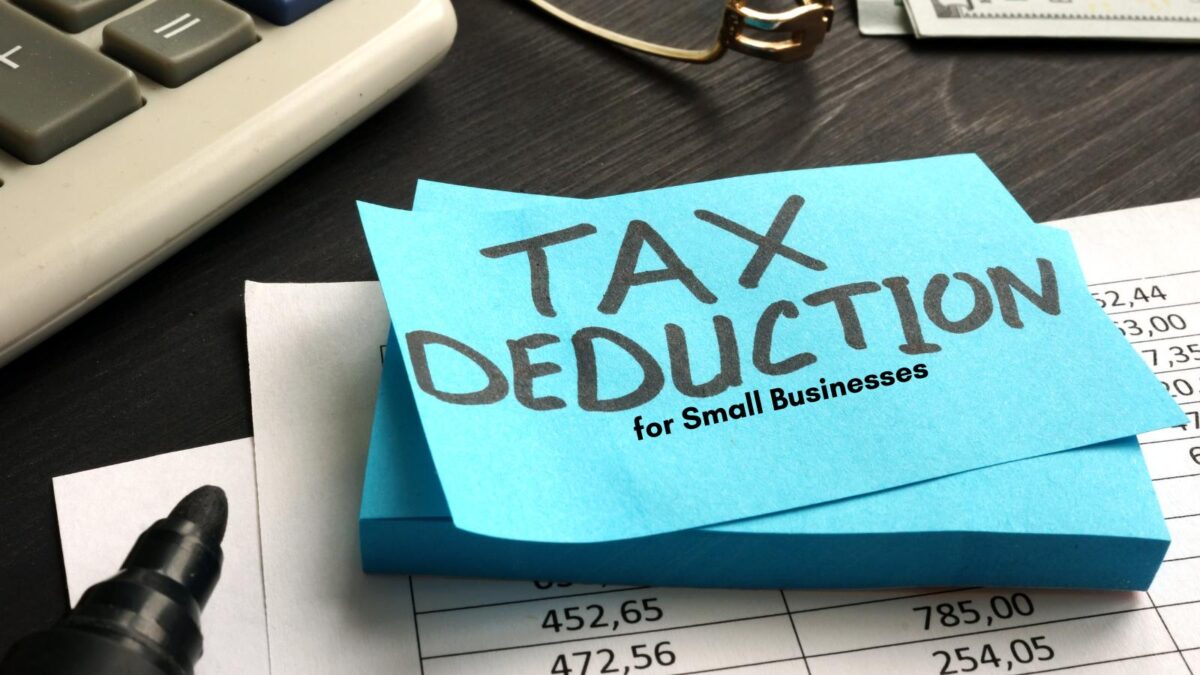Tax season is happening now, and if you’re a Venmo user, you might wonder about Venmo taxes. Understanding the tax implications of your transactions on this popular payment platform is crucial for staying compliant with tax laws. In this post, I’ll explore everything you need to know to navigate Venmo taxes smoothly.
From reporting income to understanding deductions and potential tax credits, staying on top of your Venmo transactions can save you from headaches come tax time. I’ll summarize the key information you must remember to ensure your taxes are filed accurately and efficiently.
By the end of this post, you’ll clearly understand how Venmo transactions can impact your taxes and gain valuable insights on managing your taxes effectively.
Table of Contents
Key Takeaways
- Venmo payments for goods and services are taxable income and should be reported on your 2025 tax return.
- Venmo may report your business payments of $600 or more in a calendar year to the IRS on Form 1099-K.
- Personal Venmo payments, like splitting bills or sending money to friends and family, usually don’t create tax obligations.
- Good record-keeping of Venmo transactions, including dates, amounts, and purposes, helps you claim deductions and stay compliant.
- A tax professional can help you apply the tax law changes and Venmo reporting rules to your specific situation.
Understanding Venmo Taxes
Venmo has become a popular way to send and receive money among friends, family, and even businesses. However, it’s essential to understand the tax implications of using Venmo for financial transactions.
Venmo Transactions and Taxes Implications
Each transaction you make has a potential Venmo tax implication when you use Venmo. While sending money to a friend to split dinner may not have tax consequences, receiving payments for goods or services could be taxable.
It’s crucial to keep track of these transactions to prepare your taxes.
Venmo Taxes: Reporting Requirements to the IRS
Venmo must report to the IRS if you receive over $600 of payments in a calendar year.
This information is reported on Form 1099-K. Even if you don’t meet these thresholds, you’re still responsible for reporting all income received through Venmo on your taxes.
Standard Tax Deductions and Exemptions Related to Venmo
When it comes to Venmo and taxes, there may be deductions and exemptions you can take advantage of. For example, if you use Venmo for business expenses, you may be able to deduct those costs.
Additionally, specific transactions:
- Gifts below the annual gift tax exclusion limit
- Personal reimbursements
- Loan repayments
By understanding how Venmo transactions can impact your tax responsibilities, you can ensure compliance with IRS regulations and maximize potential deductions and exemptions.
Tax Reporting as a Venmo User
Navigating tax responsibilities as a Venmo user is essential to ensure compliance with regulations.
Understanding how to categorize your Venmo activity, the necessary forms, and state tax considerations can help you stay ahead of tax season.
Personal Use vs. Business Use of Venmo for Tax Purposes
Distinguishing between personal and business use of Venmo is crucial regarding taxes. Personal transactions, like splitting bills with friends or paying for individual items, typically do not have tax implications.
On the other hand, if you use Venmo for business purposes, such as receiving payments for goods or services, you may need to report your earnings as income.
Tax Forms and Documentation for Venmo Transactions
For tax purposes, keeping detailed records of your Venmo transactions is essential. While Venmo does not provide tax forms like a W-2 or 1099, you may need to report your earnings manually.
Keeping track of your transaction history, including dates, amounts, and purposes, can simplify the reporting process when filing your taxes.
Venmo Taxes and State Taxes Considerations
State tax laws vary, so it’s essential to understand Venmo taxes in 2026 and how transactions are taxed in your state. Some states may have specific rules regarding digital payments that could affect your tax liabilities.
Research your state’s guidelines and consult with a tax professional to ensure compliance with state tax regulations.
Managing Venmo Tax Obligations
As a Venmo user, managing your Venmo tax obligation is essential to staying compliant with IRS regulations.
Proper record-keeping practices for your Venmo transactions and seeking professional tax advice can help you navigate the tax implications of using Venmo.
Record-Keeping Practices for Venmo Transactions
Keeping detailed records of your Venmo transactions is crucial for tax purposes. Maintain a separate spreadsheet or use financial management apps to track your income and expenses accurately.
Include essential details such as:
- Transaction dates
- Descriptions
- Amounts
- Purpose of each transaction
Organizing your records systematically lets you easily retrieve information when filing your taxes. To simplify record-keeping, categorize your transactions into different expense categories, such as:
- Groceries
- Utilities
- Rent
- Entertainment
This categorization will help you identify deductible expenses and assess your spending patterns. Regularly review your transaction history to spot any discrepancies or inaccuracies needing attention.
Consider setting a monthly reminder to reconcile Venmo transactions with bank statements. Reconciling ensures that all transactions are accurately recorded and helps spot potential errors early on.
Maintaining organized, detailed records can streamline your Venmo tax preparation for 2025 and minimize the risk of tax-related issues in 2026.
Seeking Professional Tax Advice for Venmo Users
If you find managing your Venmo tax obligations overwhelming or confusing, consider seeking professional advice. A tax professional can provide valuable insights into the tax implications of your Venmo transactions and help you comply with tax laws effectively.
They can guide you on deductibility, reporting requirements, and any tax credits you may qualify for.

Tax Advisors
When choosing a tax advisor, look for someone experienced in handling digital payment platforms like Venmo. They should know the tax implications associated with peer-to-peer transactions and electronic payments.
Discuss your Venmo usage patterns and financial situation openly with the advisor to receive tailored tax advice that suits your needs.
Remember that seeking professional guidance can prevent costly tax mistakes and ensure that you maximize your tax benefits. A tax advisor can help you navigate complex tax regulations, answer your queries, and assist you in optimizing your tax situation as a Venmo user.
By investing in professional tax advice, you will gain peace of mind, knowing that your tax obligations are handled efficiently.
By adopting these record-keeping practices and seeking expert tax advice when needed, you can proactively manage your Venmo tax obligations and stay on top of your financial responsibilities.
Changes and Updates for Venmo Taxes 2025 in 2026
Amidst changing tax laws and digital payments, Venmo users must stay informed about the latest updates for the tax year 2025 and beyond.
This will ensure compliance with the law and make the most of the platform’s features.
Tax Law Changes Affecting Venmo Users
The 2025-2026 tax laws bring some pivotal changes that directly impact Venmo users. One key change is the requirement that platforms like Venmo report business transactions exceeding $600 in a year.
If you use Venmo for business purposes or receive payments for goods and services, those transactions may now be reported to the IRS. It’s essential to keep track of your transactions and ensure accurate reporting to avoid any tax penalties or discrepancies.
Changes in tax law introduce new thresholds and categories for taxable income, affecting how certain Venmo transactions are treated.
Understanding these changes can help users anticipate their tax liabilities and make informed financial decisions using the platform.
It’s advisable to consult a tax professional for personalized guidance based on your specific circumstances.
Venmo Platform Updates for Enhanced Tax Compliance
Venmo has rolled out platform updates geared toward enhanced tax compliance to support users in meeting their tax obligations. Users can now access detailed transaction histories directly on the app, making tracking and categorizing their income and expenses easier for tax purposes.
Additionally, Venmo has improved its reporting tools to provide users with clear summaries of their financial activities, facilitating tax preparation and submission.
Venmo has enhanced its educational resources on tax matters, offering guides and FAQs to help users navigate the platform’s tax implications.
By leveraging these tools and staying informed about the updates, Venmo users can streamline their tax filing process and ensure accurate reporting to regulatory authorities.
Conclusion: Venmo Taxes
Your financial well-being depends on keeping up with your Venmo taxes. Remember to keep meticulous records of your transactions, including any income received through the app.
Take advantage of available deductions and credits to minimize your tax burden. If you’re unsure about any tax implications, don’t hesitate to consult with a tax professional for guidance.
Being proactive and informed allows you to navigate the tax season confidently and stress-free. Keep those funds flowing smoothly on Venmo and your tax responsibilities in check!
Frequently Asked Questions About Venmo Taxes
Do I have to pay taxes on money I receive through Venmo?
You pay taxes on money you receive through Venmo when the payment is for goods, services, or business activity. These amounts are taxable income and must be reported on your returns. Personal payments, like splitting dinner, paying a roommate, or sending a gift, usually don’t create a tax bill. You’re still responsible for reporting all taxable income, even if Venmo doesn’t send a tax form.
What is Venmo’s $600 reporting rule for 2025?
For 2025, Venmo may report business payments that total more than $600 in a calendar year to the IRS on Form 1099-K. This reporting rule applies to payments for goods or services, not personal transfers between friends and family. Even if you don’t receive a 1099-K from Venmo, you must still report all income from your business activity on your taxes.
How can I tell if my Venmo activity is personal or business for taxes?
Personal Venmo use includes things like splitting a restaurant bill, sending money to family, or paying a friend back for tickets. These payments usually don’t affect taxes. Business Venmo use includes receiving payments for products, freelance work, or services. Those amounts count as income. It helps to separate personal and business activity, label transactions, and keep notes, so you can clearly show which payments are taxable.
What tax records should I keep for my Venmo transactions?
Keep a detailed record of your Venmo activity, especially if you use it for business. Track dates, amounts, who paid you, what the payment was for, and whether it was income or an expense. A spreadsheet or financial app works well. Regularly download or review your Venmo history, categorize transactions, and match them with your bank statements. Good records make it easier to file your taxes, support deductions, and fix any errors.
Should I get professional tax help for Venmo taxes in 2025?
Professional tax help is helpful if you receive business income through Venmo, have many transactions, or feel unsure about the 2025 tax changes. A tax advisor who understands digital payment platforms can help you figure out what is taxable, which expenses you can deduct, and how state taxes apply. This guidance can reduce mistakes, lower your tax stress, and help you make better financial decisions around using Venmo.




